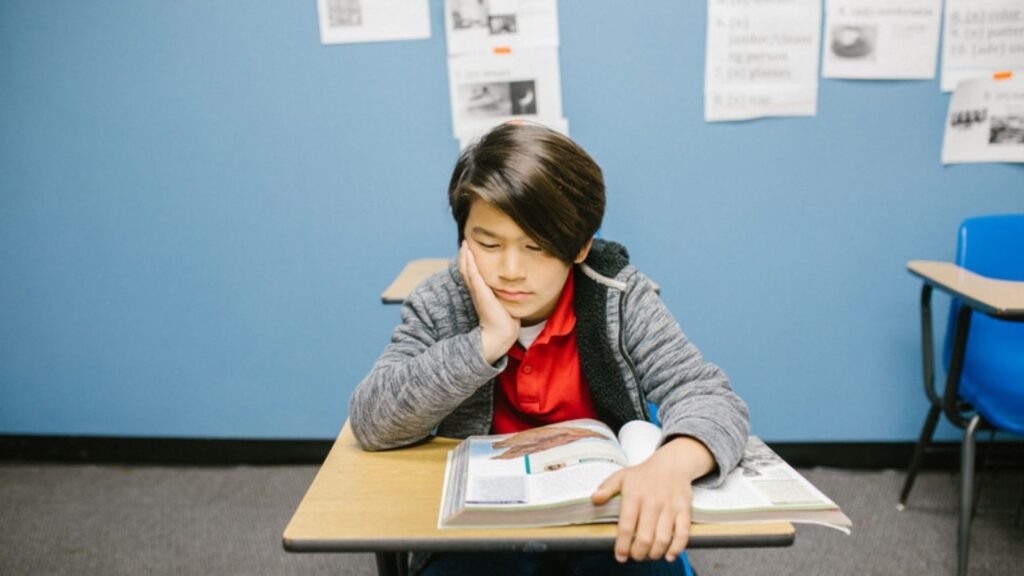Study Says Short Intervention Class Improves Mental Health For Teens
A new study found that a 30 minute class could train students on how to properly handle stress levels to improve mental health.

Anxiety, depression, and suicide attempts; these all increased among children during the pandemic. Youth mental health isn’t just a national emergency for the United States, it’s also affecting the UK, China, and countries across the globe. A new study has found that a simple 30 minute online class could train students on how to properly handle and understand stress levels in order to improve their mental health.
Education and sports professionals are already well-aware of the “growth-mindset.” This popular philosophy encourages individuals to focus on their own goals in order to achieve personal growth without punishing themselves for failure. It also teaches that no one can know everything and so growth in itself is a positive aspect of learning and experiencing life. The new 30 minute class branches off of this concept and encourages students to focus on their physical responses.
Instead of presenting elevated heart rates or a desire to tap one’s foot as a negative response to test-taking and classroom learning, the 30 minute class aims to aid students in accepting that their physical response to coursework and exams is beneficial to their growth. It works to explain how these personal responses exist for a reason. One top example is how an elevated heart rate increases blood flow and boosts oxygen intake to the brain. Nervous tapping sets a rhythm and helps students to think in time. Many of the physical symptoms of stress and anxiety are biological functions that actually offer comfort and/or help students to succeed despite their worries.
The 30 minute class has been tested by researchers and proven to work. During trials, 4,000 teenagers participated in the studies, and psychologists are pleased with the results. After 6 random control trials, students’ mental health levels were positively affected by changing their outlook on physiological stress, and experienced lasting improvements in their academic performance.
Throughout the 30 minute class trials students given the placebo were merely taught about the brain. Students who were trained in the intervention experienced lower rates of physical stress responses. One of these trials followed up with students nine months later and found that 14% of the students involved were more likely to pass their classes at the end of the school year. Teenagers who had participated also reported that their anxiety levels lowered for long periods of time.
Instead of teaching “self-care” and viewing anxiety or stress as something to combat with focused “me-time,” researchers suggest that this study offers a more beneficial approach. Changing the way students look at stress and the physical response that many humans display when facing anxiety-inducing situations can, in itself, improve mental well-being and success rates. By offering a 30 minute class on why physical responses occur, and encouraging students to practice positive self-awareness has proven to be a helpful way to effectively teach them.

The results of this approach are encouraging to students and educators who are experiencing unprecedented challenges. The 30 minute class is expected to be adopted in many schools and help students as they grow into adulthood. It may just be the new standard in stress reduction in the coming years.



